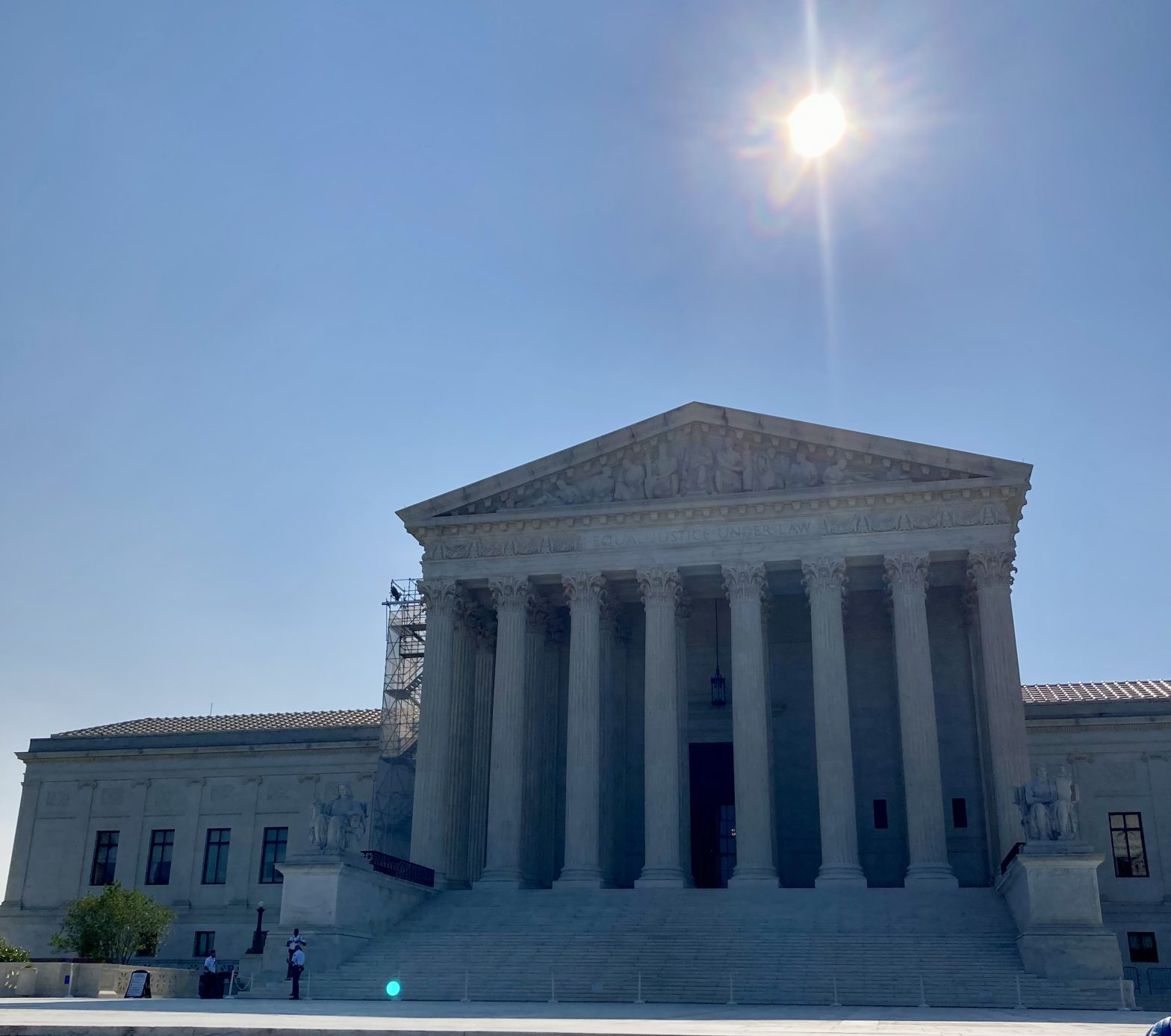Justices Uphold Law Aimed at Keeping Native American Children With Tribal Families

WASHINGTON — The Supreme Court on Thursday upheld the Indian Child Welfare Act, a federal law that prioritizes reuniting Native American children in foster care or the adoption system with members of their families and tribes.
In a 7-2 ruling, the justices both affirmed the act’s overarching goal of remedying the nation’s woeful history of removing Native American children from their communities, and held the 1970’s era law does not unlawfully impose federal authority in areas traditionally regulated by states.
“This case is about children who are among the most vulnerable: those in the child welfare system,” wrote Justice Amy Coney Barrett. “The bottom line is that we reject all of the petitioner’s challenges to the statute, some on the merits and others for lack of standing.”
While the dissenters, Justices Clarence Thomas and Samuel Alito Jr., argued that the act is a form of congressional overreach, the majority of the court believed that the Constitution does have jurisdiction in domestic relations and family law.
“Petitioners are trying to turn a general observation (that Congress’s Article I powers rarely touch state family law) into a constitutional carveout (that family law is wholly exempt from federal regulation),” Barrett wrote. “Family law is no exception.”
In dissent, Thomas argued the act is unconstitutional and maintained there is no reason for the court to regulate the “state-court child custody proceedings of U.S. citizens, who may never have even set foot on Indian lands, merely because the child involved happens to be an Indian.”
He added, “The Constitution confers enumerated powers on the federal government. Not one of them supports ICWA. Nor does precedent. If there is one saving grace to today’s decision, it is that the majority holds only that Texas has failed to demonstrate that ICWA is unconstitutional.”
The purpose of the Indian Child Welfare Act is “to protect the best interest of Indian children and to promote the stability and security of Indian tribes and families by the establishment of minimum federal standards for the removal of Indian children and placement of such children in homes which will reflect the unique values of Indian culture.”
The act offers direction to states regarding the treatment of child abuse, neglect and adoption cases involving indigenous children while establishing basic requirements for the handling of such cases.
Prior to its enactment, approximately 35% of native children, often taken against their will, were being removed from intact Native American families that had strong connections to extended family networks. These children were then placed in predominantly non-native households that lacked any connection to Native American culture.
The facts of the initial case began in June 2016 when a 10-month-old Navajo boy was placed with Dr. Jennifer and Chad Brackeen, a White, evangelical couple in Fort Worth, Texas.
As a result of the mother’s struggles with substance abuse, the Navajo baby was separated from her. At the time, the mother had relocated from the reservation and was residing in Texas. In 2017, a Texas state court made the decision to terminate the parental rights of the boy’s biological parents.
However, when the Brackeens sought to adopt the boy, the Navajo Nation stepped in under the provisions of the act, locating a native family unrelated to the boy to take him in. The Brackeens filed suit in federal court to overturn the act on the grounds of racial discrimination.
The ruling handed down Thursday is a victory for the tribal leaders who argued the law was always intended to serve as a protective measure for native children and tribal communities.
In a concurring opinion, Justice Neil Gorsuch stated, “in adopting the Indian Child Welfare Act, Congress exercised that lawful authority to secure the right of Indian parents to raise their families as they please; the right of Indian children to grow in their culture; and the right of Indian communities to resist fading into the twilight of history. All of that is in keeping with the Constitution’s original design.”
You can reach us at [email protected] and follow us on Facebook and Twitter
























